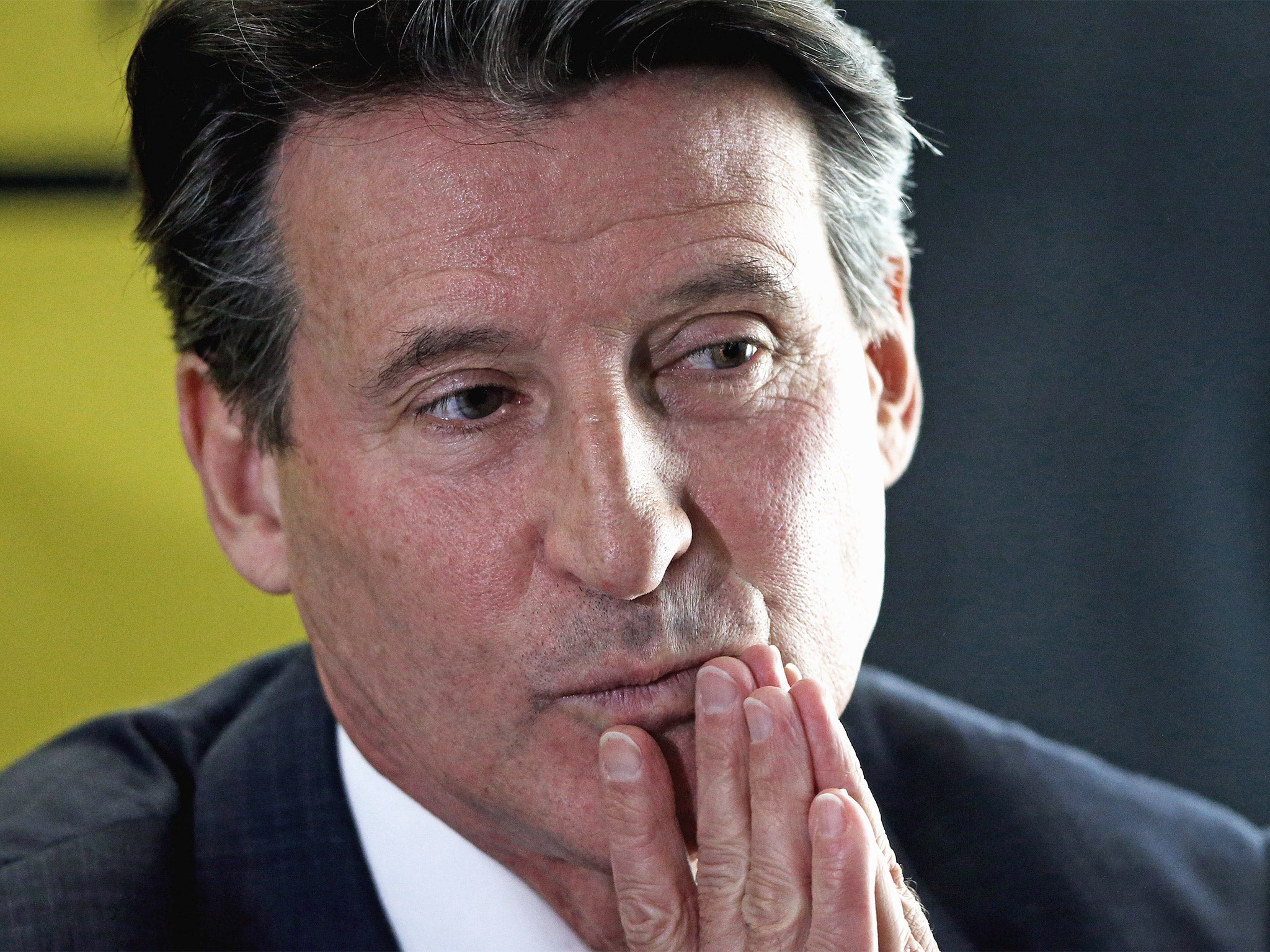British star caught up in claims IAAF 'let off' suspected dopers
IAAF response follows a second programme broadcast by WRD in Germany, which had previously made allegations of widespread doping in Russia

Athletics' world governing body, the IAAF, has hit back at suggestions that as many as 150 athletes, including one of British athletics’ biggest names, have been allowed to escape a doping inquiry into suspect blood readings.
It followed a second programme broadcast by WRD in Germany, which had previously made allegations of widespread doping in Russia.
The second exposé, aired on Monday night, showed documents purporting to be abnormal readings compiled between 2006 and 2008 – prior to the IAAF’s introduction of biological passports – from a host of global athletes.
Once again, the athletes in question were predominantly from Russia but also Kenya, Spain and Morocco, with a well-known Briton, who cannot be identified for legal reasons, also said to be on the list.
The programme quoted a whistle-blower, previously a member of the IAAF medical commission, who said of the readings: “This is clear that it cannot be on natural abilities. It can only be doping.”
However, a six-point statement issued by the IAAF played down the allegations from the whistle-blower and suggestions that the IAAF had failed to follow up with target testing on the 150 listed athletes who produced suspicious readings.
“A member of the IAAF Medical and Anti-Doping Commission would not know whether follow-up tests would have been conducted or not,” the statement said.
Prior to the Athlete Biological Passport (ABP) being launched in 2009, blood data was collected from athletes to trigger follow-up urine tests for EPO detection, with the IAAF adamant it followed up abnormal tests “whenever possible logistically”.
The statement added: “One cannot draw any conclusion on whether or not an athlete has doped on the basis of one single blood value. The whole concept of the ABP is to monitor the variations of an athlete’s profile consisting of multiple values.”
The IAAF used blood tests prior to 2009 solely as secondary evidence in building cases against doping offenders but the body pointed out: “These values do not have the same level of reliability and strength as the post-2009 values which were collected under strict and stringent conditions.”
The previous allegations concerning Russia have already been sent to the IAAF ethics commission, which in turn will receive the latest documentary as part of its on-going investigation into doping past and present.
Lord Coe, who recently announced his decision to run for the presidency of the IAAF, had previously said athletics’ reputation as a sport was being unnecessarily besmirched by a small minority. “This is not every country of the world – there are 213 federations,” he said. “But you do have to say a disproportionate amount of the reputational damage is in a relatively small number of countries and I think we have to recognise this.
“They are very serious allegations. The very fact that the allegations are in the public domain means that they are serious. So, we have to be very clear that this is a very, very difficult time for our sport.”
Join our commenting forum
Join thought-provoking conversations, follow other Independent readers and see their replies
Comments
Bookmark popover
Removed from bookmarks